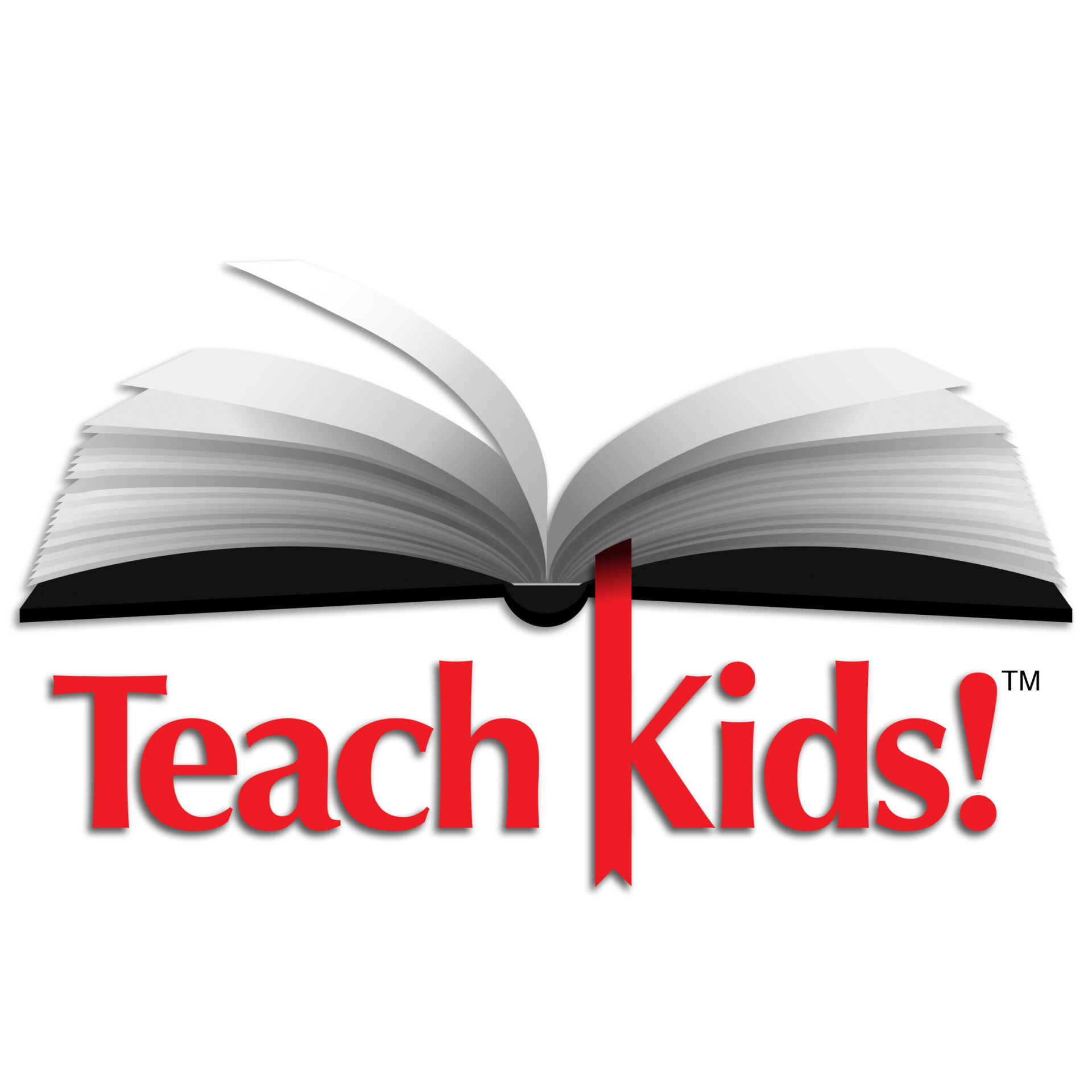Teaching the Pentateuch to Children the Fun Way
Teaching children the first five books of the Bible, the Pentateuch, also known as the Books of Law, can seem daunting. As the Bible is God’s Word, every book in it has equal value and should be taught to children. But how do you teach kids about books like Leviticus and Numbers? Even adults sometimes struggle to read through the Pentateuch! Thankfully, there’s a way you can teach these books to children that is interesting, understandable, and fun.
How to Teach the Pentateuch to Children
The Pentateuch, or the Books of Law, is made up of Genesis, Exodus, Leviticus, Numbers, and Deuteronomy. While known for being thick reads, there are several exciting Pentateuch stories for kids inside. As you teach about each book, follow these steps to help children remember them and the important Pentateuch lessons for kids they hold:
Give each child two sheets of paper and colored markers for each book of the Pentateuch.
- On the first paper, have the child draw up to three things to help them remember the name, premise, and stories in that book.
- On the second paper, have them design their own book cover.
- Repeat steps 1-3 for each of the five Books of the Law.
Here are a few ideas and prompts to focus on in each book while teaching the Pentateuch to children.
Book #1: Genesis
The first book you will start with is Genesis. The word Genesis means “beginnings”, so it’s fitting that this book tells the beginning of many things—including Creation, the first man and woman, the first sin, and the first promise of a coming Savior. Genesis also teaches about God’s chosen people, and ends with them living in Egypt under Pharaoh. It contains the exciting tellings of the worldwide flood and the life of Joseph, which are important Pentateuch stories for kids.
For help teaching the Pentateuch to children, have kids draw a world, stick figures for Adam and Eve, and Joseph’s coat of many colors on the paper you gave them earlier to remember what’s in the book of Genesis.
Book #2: Exodus
Exodus tells the story of Moses and how God used him to lead the Israelites out of Egypt. Exodus is also where the Ten Commandments and instructions for the Tabernacle are given—all important Pentateuch stories for kids as it teaches them about God’s providence and where much of our rules come from.
Children can remember what this book is about by thinking of the word “exit” for how the Israelites made their exit out of Egypt with God’s help. They can also draw an exit sign, the Ten Commandments stone, and a tabernacle tent on their papers to remember what’s in the book of Exodus.
Book #3: Leviticus
Carrying on what the Ten Commandments started, Leviticus includes the laws that God’s people were to follow, but it is more than just a “rulebook”. In Leviticus, we also discover more Pentateuch stories for kids as we learn about Aaron and his sons being high priests, how offerings were to be made, and the festivals the Israelites were to celebrate as a way to worship God. Aaron was from the tribe of Levi—the tribe God chose to be the priests—hence the name of the book, Leviticus.
To help kids remember what’s in the book of Leviticus when teaching the Pentateuch to children, have them draw an altar, a stick figure of Aaron, and his staff that budded a flower to show how God chose him to be the high priest.
Book #4: Numbers
While Numbers is largely a census of the Israelites, at its core it’s more than that. It also tells the story of how God’s people traveled to the Promised Land and that, because of their lack of faith, they had to spend 40 years wandering in the wilderness instead of entering Canaan.
To help them remember the book of Numbers when teaching the Pentateuch to children, kids can draw the numbers “1, 2, 3” to represent counting the people of Israel, a cluster of grapes to represent what the spies brought back, and a big number 40 for the number of years spent waiting in the desert because they chose fear over faith.
Book #5: Deuteronomy
Finally, Deuteronomy is where God reviews the history of Israel and gives the Ten Commandments to the Israelites a second time. The name Deuteronomy means “Second Law”. God gives chapter after chapter of warning about the curses they will experience if the Israelites disobey Him and His laws, and chapter after chapter of how they will be blessed if they obey and keep His laws. This ultimately culminates in chapter 30 with a challenge, “I set before you today life and prosperity, or death and destruction.”
Deuteronomy is ultimately about choosing the right path in life and choosing to follow God. When teaching the Pentateuch to children, have kids draw a path which splits off into two directions to represent the choice each person has whether to serve God or to follow their own road to destruction.
Make Pentateuch Stories for Kids Come Alive
Now that the kids have a basic grasp on each of the Books of Law, as you continue teaching the Pentateuch to children, you can also make a game for kids to play that will make memorizing the order of these books fun!
Using five small food boxes, like oatmeal or rice mix boxes, carefully open them at the folds to turn them inside out, then glue them shut again. Next, write the name of a book from the Pentateuch on each box’s spine and front cover. Then, divide kids into teams and play a game to see who can arrange them correctly the fastest!
To make teaching the Pentateuch to children even more involved, you can add more boxes for each new book of the Bible they learn about in future weeks, giving children a larger grasp of the Bible as a whole. These little boxes can then go inside larger cereal boxes to represent the 10 general sections of the Bible: the Old Testament which includes the Books of Law or the Pentateuch, the Historical Books, the Poetic Books, and the Prophetic Books, and the New Testament which includes The Gospels, The Historical Book, The Letters, and The Book of Vision.
We pray that the children under your guidance will grow to love God’s Word and treasure it far above anything else in life. Amen.
This content is from the CEF podcast Teach Kids. Listen to more content like this on the Teach Kids podcast through your favorite podcast platform. #TeachKids #KidsMin
What is the 4 to 14 Window? Why Children’s Ministry is So Important in the Church
Discover the 4-14 window concept and why children’s ministry should be a priority in your church. Learn key children’s ministry ideas that effectively reach kids during their most receptive years.
How Christian Youth in Action® Is Changing Lives: Impactful Youth Ministry Activities
Discover how CYIA®️ missionaries are transforming communities through impactful youth ministry activities and 5-Day Clubs®️. See how Christian Youth In Action®️ training prepares teens for effective ministry.
Helping Children Find Comfort in God: 5 Practical Strategies | CEF
Kids often express big emotions—fear, worry, sadness—and it can be hard to know how to respond. This piece offers five practical ways to comfort children while gently guiding them toward the ultimate source of lasting comfort: a relationship with God. Whether you’re a parent, teacher, or caregiver, these ideas are meant to help you support kids emotionally and spiritually when they need it most.
Stay Connected with CEF
Subscribe to our email lists to receive updates, news, and stories based on your needs and interests.




